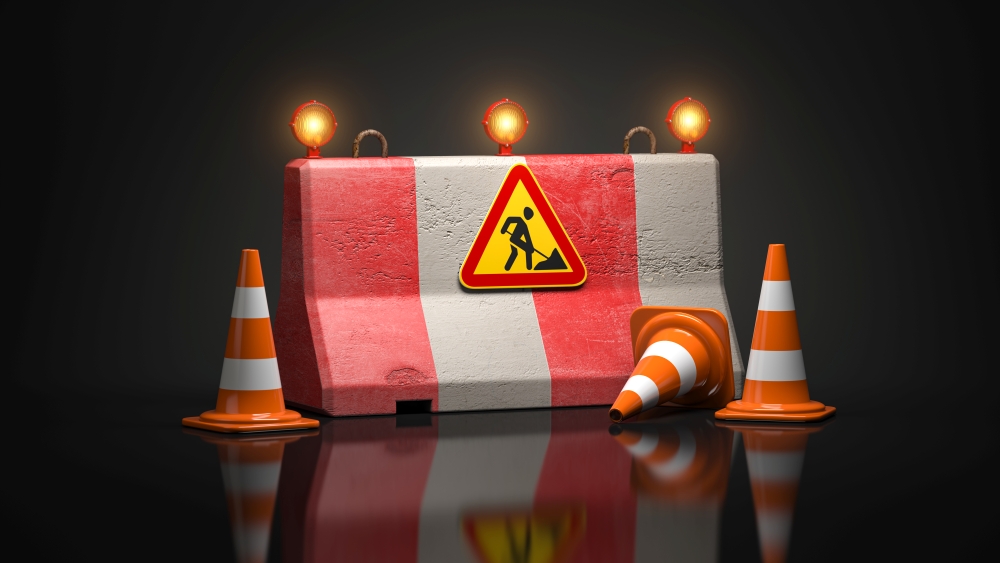4thRevolution: US Senators Propose $10 Billion in Coronavirus Relief Funds for Motorcoach Industry
US Senators Propose $10 Billion in Coronavirus Relief Funds for Motorcoach Industry
The 4th Revolution
By Scott Sam
Aug. 11, 2020
Republican Sen. Susan Collins and a colleague from across the aisle, Democratic Sen. Jack Reed, recently proposed a $10 billion relief package for the private motorcoach industry, a sector that has been especially devastated by the coronavirus pandemic’s economic fallout.
This legislation would likely get tied into the $3.4 trillion stimulus proposal that was passed by the House in May, but has stalled in the Senate. The proposal would also include help for school bus companies and passenger boats.
Bus operators and trade groups have been lobbying members of Congress for months. In May, a caravan of motor coaches from across the country drove to the Capitol in a collective plea for federal aid, the Washington Post reported.
As many as 40% of private bus companies could fold by the end of the year, according to American Bus Association CEO Pete Pantuso. Among them are American-owned small businesses that are not getting the same recognition as some of the much larger and more recognizable airline companies and cruise ship lines, although they are vying for some of the same tourism dollars. The parent companies such as Greyhound, Trailways and Amtrak Thruway Service may have the resources to survive these devastating times, but some of these companies, and the families who have been running them for multi-generations, may not.
“Ultimately the American public is harmed because they lose a major part of the transportation network,” Pantuso said.
Motorcoaches are part of the scenery on American highways, connecting small towns and major cities. They provide mass transit where there are no airports or train stations and the rides are usually affordable, allowing students and senior citizens alike to get from small towns to urban centers. Public transportation agencies are in no position to help out. Experts say ridership numbers are down by well over 50% due to a combination of social distancing requirements, growing apprehension of public transportation and several agencies have been discontinuing some routes completely.
